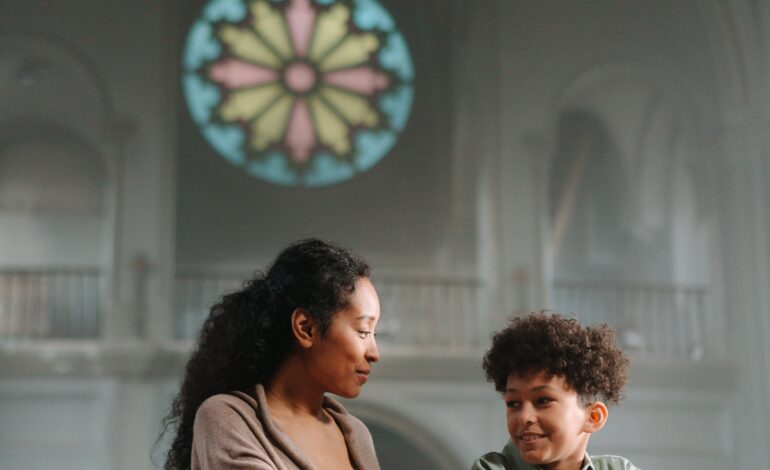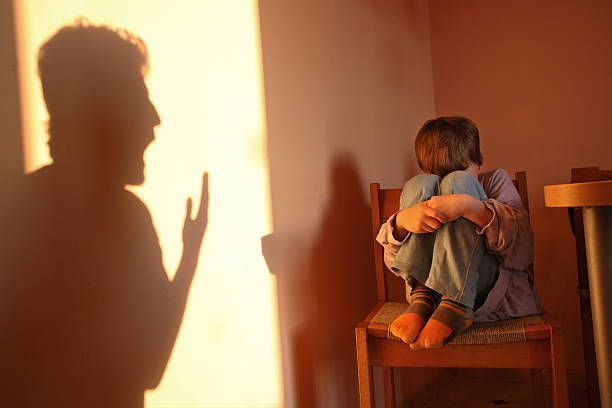Founded and Inherited Faith: Nurturing a Deeper Understanding in Children
In the complexities of parenting, one of the most profound responsibilities is imparting our beliefs and values to our children. Among these, faith often occupies a central role. However, in


In the complexities of parenting, one of the most profound responsibilities is imparting our beliefs and values to our children. Among these, faith often occupies a central role. However, in today’s rapidly evolving society, the approach to this sacred transfer warrants a deeper reflection. The concepts of “founded” and “inherited” faith present a critical distinction that all of us modern parents must consider. Given the difference in ability to understand between us their parents and our kids, we do most of the interpretation of the world for them. It is enough that we understand. For a lot of these concepts, because we understand, they do not need to. Of course we wish nothing but the best for them, and often is. But meaning gets lost in this inheritance of good will, and in the loss of meaning, importance is also lost. The gamble that we do not realize is in the hope that as they grow, so does their understanding. Unfortunately, more times than not, meaning is lost.
Consequently, in the realm of faith, there exists a profound assumption that what we, as parents, understand does not necessarily need to be understood by our children. This assumption overlooks the critical importance of personal understanding in the development of faith. A majority of parents, like our own, have instinctively passed on their religious beliefs and practices to their children. This inheritance, though well-intentioned, often happens without much explanation or understanding. Children grow up attending the same churches we did, following rituals, and adhering to doctrines, yet they may lack a personal connection to or understanding of these practices. The unseen risk here is the development of a weaker, less resilient faith, vulnerable to dissolution once the child steps out of our care, and they grow so fast. That’s inherited faith. Contrastingly, ‘founded faith’ is an approach where children are encouraged to explore, question, and understand faith on their own terms. Here, we play the role of guides rather than enforcers of doctrine. This respects the child’s evolving intellectual and emotional capacities, fostering a faith that is not merely adopted but truly understood and internalized.
It becomes paramount, then, that we pivot from merely handing down our faith to actively nurturing a ‘founded faith’ in our children. They must learn to understand God, religion, and faith on their own terms, growing not in the arrogance of scripture alone but in a deep, personal understanding. For it is in this understanding that true, strong, and founded faith is built. In guiding our children towards this enlightened path, we are not just imparting faith; we are empowering them with the tools to build a resilient, thoughtful, and deeply personal spirituality that can withstand the test of time and change.
This approach encourages critical thinking and a sense of ownership over one’s beliefs and virtues, which are invaluable in today’s world.
To nurture a founded faith, you can:
1. Encourage questions: Create a safe space for children to ask questions and express doubts about faith and spirituality.
2. Provide Resources: Offer books, stories, and access to different perspectives that can help children explore faith independently.
3. Share Personal Experiences: Discuss your own faith journey, including struggles and revelations, to humanize and personalize the concept of faith. This will ease their understanding because it is not from a stranger but rather from someone they trust and know.
4. Celebrate Diversity: Expose children to different faiths and practices, fostering an understanding of religious diversity.
But of course like anything else parenting, this journey is not without its challenges. You might struggle with letting go of control if their path isn’t your own or feel uncertain about how to guide without imposing. It’s important to stay patient and open-minded, understanding that each child’s spiritual journey is unique and may not mirror one’s own. Understand that this is YOUR responsibility and not that of the church or religious institutions, you are the best guide for your child, help them understand.








